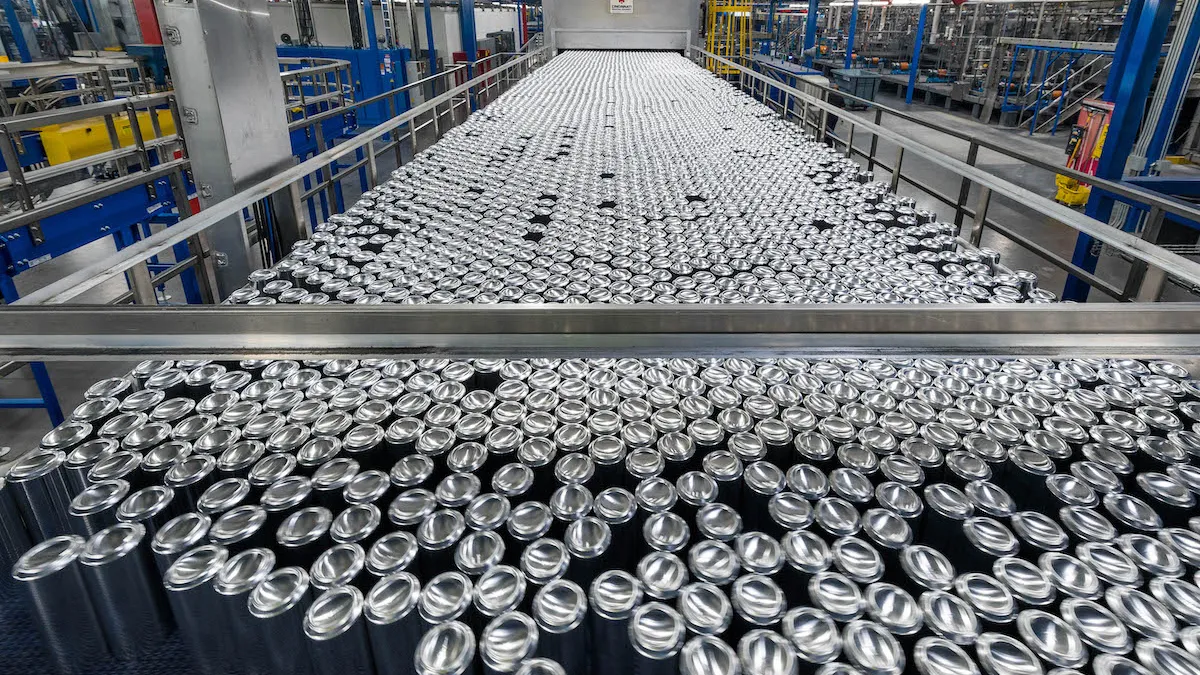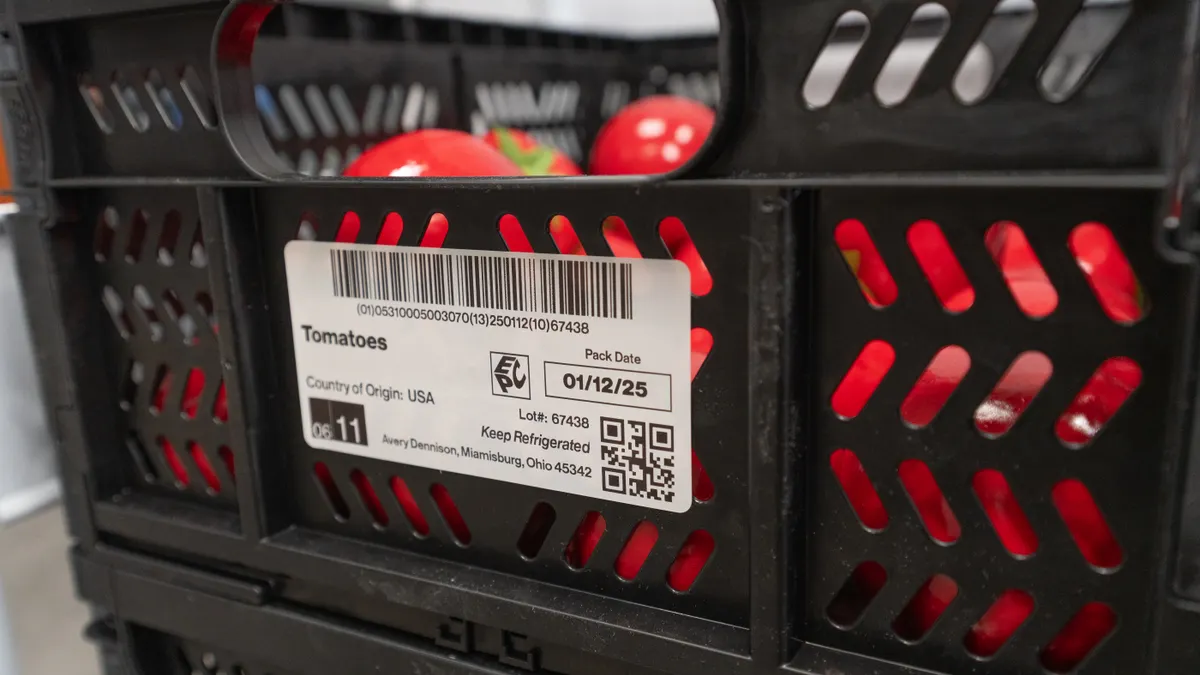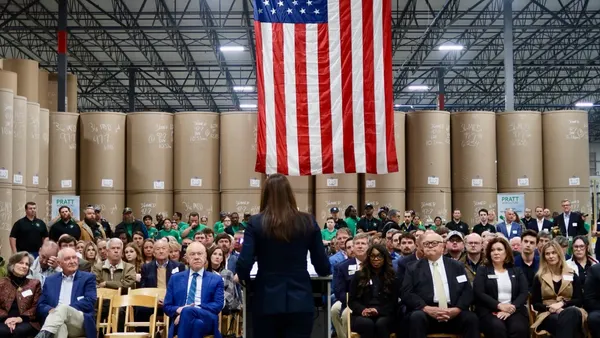- Q2 readout: Global beverage volumes were down 11% during the second quarter, CEO Dan Fisher reported on Thursday’s earnings call. Ball attributes that decline to the sale of its Russian business and “a notable domestic beer brand experiencing demand disruption in North America.” Volumes were down 8.5% in North and Central America. Fisher repeatedly said that Q2 and Q3 this year are a “trough” period, setting the company up for recovery going forward. Beverage packaging sales across geographies declined nearly 17% year over year. Ball maintained its previously shared guidance targeting $750 million in free cash flow in 2023. The company also said it aims to achieve the low end of its 10% to 15% growth goal for its long-term comparable diluted earnings per share.
- Beer disruption: In 2022, 13% of Ball’s overall sales were to Anheuser-Busch InBev and affiliates, its largest reported major customer, followed by the U.S. government and Coca-Cola and affiliates. AB InBev reported its own second quarter results Thursday; revenues fell $395 million in North America from the prior year period. The brewer has faced a boycott of its Bud Light brand after working with transgender influencer Dylan Mulvaney to promote Bud Light on Instagram. The company was then criticized by groups like the Human Rights Campaign for how it responded to the blowback. Ardagh, whose portfolio includes glass bottles for beer, also recently alluded to being impacted by the acute beer decline in North America this year.
- Beer outlook and alternative growth drivers: Mass-produced domestic beer is expected to continue to be negative in Q3, Fisher said. He shared that domestic beer volumes were down roughly 3% in the prior 12 months, versus 4.5% during the last 12 weeks. The marketing issue accelerated the existing decline, Fisher said, but at the same time, import beer is up 11%, non-alcoholic beer is up 27%, cider is up 8% and ready-to-drink cocktails are up 41%. In Europe, where consumers’ spending ability and power currently is generally weaker, beer is also a “softer” area. Cans typically benefit from consumer “trade-downs” to less expensive products during tough economic times, Fisher explained. Ball’s portfolio in Europe is diversified in energy drinks and carbonated soft drinks. “That business continues to perform extremely well,” Fisher said.
- Aerospace business: Media outlets reported toward the end of Q2 that Ball was exploring the sale of its aerospace unit. Ball issued a press release June 20 saying it was “considering options that could better position its aerospace business to provide value to shareholders and customers,” with “no certainty that any formal decision will be made.” Fisher acknowledged the release in prepared remarks, noting “limitations” to the depth of the company’s commentary on the topic Thursday. In response to an analyst question about why the review is happening now, Fisher pointed to business growth in recent years. “If you look back five years ago versus today, the business is much bigger, much healthier, much more profitable and it could fundamentally stand on its own,” Fisher said.

Ball says Q2 volumes declined due to US beer controversy, Russia divestment
Global beverage volumes fell 11% in Q2, said CEO Dan Fisher. The company offered few updates on a possible sale of its aerospace business.









